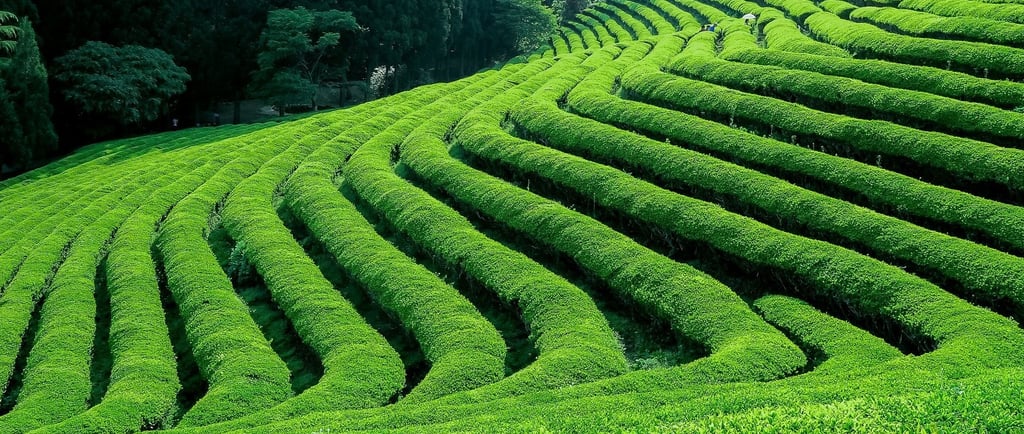Celebrating Tea Day: A Global Tribute to Tradition, Sustainability, and Innovation
Celebrate International Tea Day by exploring tea’s cultural, economic, and health benefits. Discover tea-based drinks like sparkling tea and meet Kenya Sparkling Tea Co., a rising innovator in premium beverages.
5/21/20252 min read


Each year on May 21, the world celebrates International Tea Day—a moment to honour one of the oldest and most cherished beverages known to humanity. Tea, made from the Camellia sinensis plant, is the second most consumed drink globally after water. With roots believed to lie in northeast India, northern Myanmar, and southwest China, tea has been steeped in human culture for more than 5,000 years.
Beyond being a cultural staple, tea is an economic lifeline. For millions of families in developing countries, especially in remote and economically disadvantaged regions, tea cultivation and processing provide critical income and employment. In many of the least developed countries, it stands as a primary export and a key driver of rural development, poverty alleviation, and food security.
Why Drink Tea?
Tea is celebrated not only for its taste and calming rituals but also for its health benefits. Rich in antioxidants, it boasts anti-inflammatory properties and can aid in weight management. Across Asia, the Middle East, Africa, and beyond, tea rituals play an essential role in community bonding, hospitality, and cultural identity.
Tea for Better Lives
This year’s International Tea Day theme, “Tea for Better Lives,” underscores the vital role of tea in livelihoods, sustainability, and well-being. The observance encourages the promotion of sustainable practices “from field to cup,” ensuring that the environmental, economic, and health benefits of tea endure for generations.
To that end, the UN has called on the global community to expand tea demand—especially in producing countries where local consumption remains low—and to reverse declining trends in traditional import markets. By strengthening the tea value chain, stakeholders can contribute meaningfully to the Sustainable Development Goals (SDGs), including eradicating poverty (Goal 1), ending hunger (Goal 2), empowering women (Goal 5), and conserving terrestrial ecosystems (Goal 15).
Tea and Climate Change
Tea cultivation is highly sensitive to environmental conditions. Its limited geographic suitability means that climate change—with its erratic rainfall, rising temperatures, and increased frequency of floods and droughts—poses a serious risk to yields, quality, and farmer incomes. It is essential for tea-producing nations to incorporate climate adaptation and mitigation into their national tea strategies, reducing carbon emissions and enhancing resilience in the sector.
Expanding Horizons: Tea-Based Beverages and Sparkling Innovation
Modern consumers are redefining how they enjoy tea. Beyond the traditional hot brew, the market for tea-based beverages—including iced teas, kombucha, and tea-infused energy drinks—is growing rapidly, merging wellness trends with convenience.
One standout category is Sparkling Tea, an emerging niche that combines the sophistication of sparkling wines with the wellness and complexity of high-quality tea. Among the pioneers in this space is Kenya Sparkling Tea Co., a homegrown innovator that blends premium Kenyan teas with effervescence to create a refreshing, non-alcoholic beverage experience.
Kenya, known for producing some of the world’s finest black teas, is now also becoming known for crafting new, value-added tea products that resonate with health-conscious and adventurous consumers around the globe. These innovations offer new economic opportunities for local producers while aligning with sustainability goals by reducing waste and promoting premium, organic cultivation methods.

Raise a Glass Today!
On International Tea Day, take a moment to appreciate not just the drink, but the millions of people and generations of tradition behind it. Whether you prefer it black, green, herbal, or sparkling, tea connects the world—one cup at a time.
